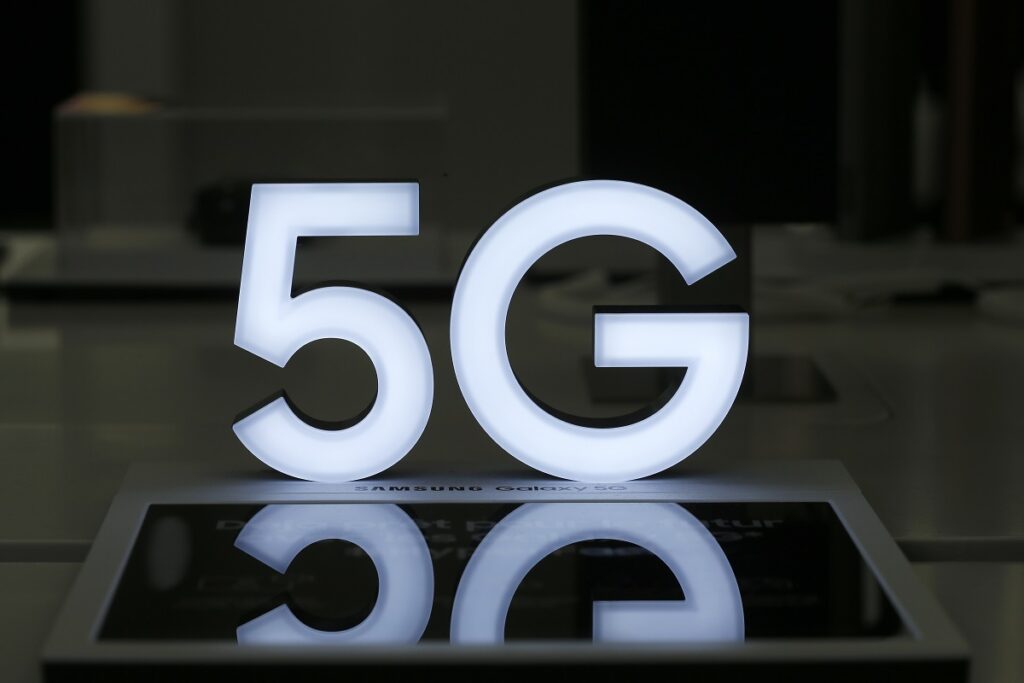Top US telecommunications companies have rejected calls to postpone the introduction of 5G

Image credit: Getty Images
A government plea to delay the introduction of 5G services this week was knocked down by two of the country’s top phone carriers.
The request was made in response to concerns about aircraft safety raised by US Transportation Secretary Pete Buttigieg and the Federal Aviation Administration (FAA).
AT&T and Verizon, on the other hand, have announced that they will take temporary steps.
Plane manufacturers have warned that 5G wireless radiation in the C-band frequency could interfere with sensitive airliner equipment, causing flights to be disrupted.
According to AT&T and Verizon CEOs in a joint letter, delaying the debut of 5G services for a fortnight, which is planned to begin on January 5, would be “an irresponsible abdication of the operating control required to create world-class and internationally competitive communications networks.”
They did, however, announce that, unlike France, they will not implement 5G near airports for six months.
The FAA did highlight, however, that the situation in France is unusual, given the fact that telecom operators there use lower 5G power levels than those allowed in the US.
The aviation industry and the FAA have already highlighted concerns about 5G’s potential interference with aircraft equipment like radio altitude metres.
The CEOs of the world’s two major aviation manufacturers, Airbus and Boeing, wrote to Mr Buttigieg last month, saying that “5G interference might dramatically harm aircraft’s capacity to properly operate.”
If the FAA’s 5G rules had been in effect in 2019, roughly 345,000 passenger flights and 5,400 cargo flights would have encountered delays, diversions, or cancellations, according to figures compiled by trade organisation Airlines for America.
The airline industry group has asked the US Federal Communications Commission (FCC) and the telecoms industry to work with the FAA and aviation companies and has threatened to take the subject to court if necessary.
